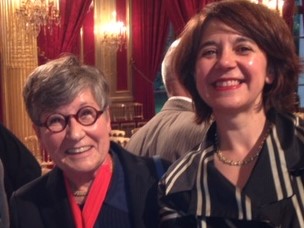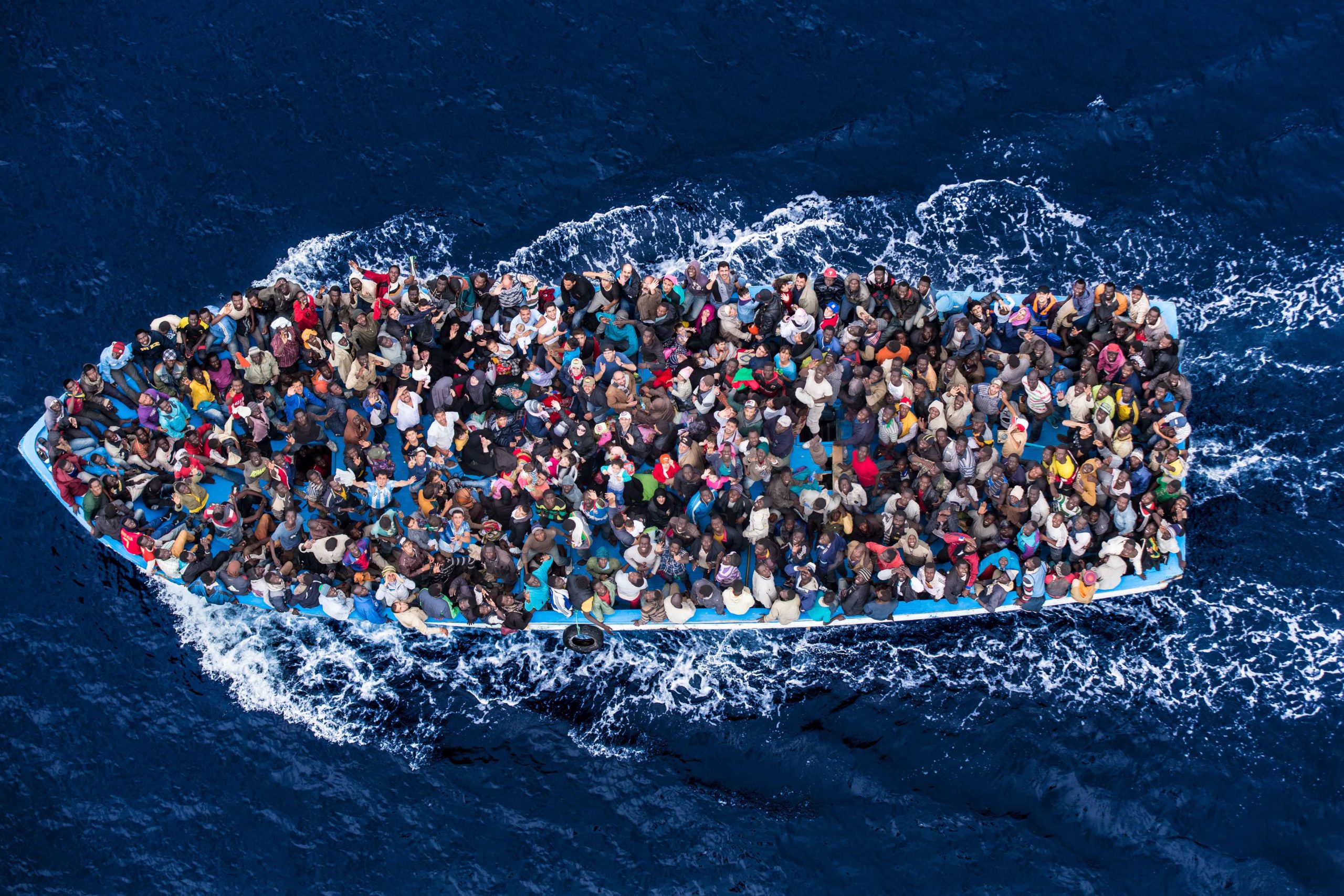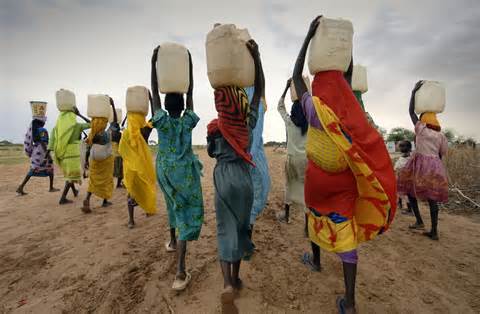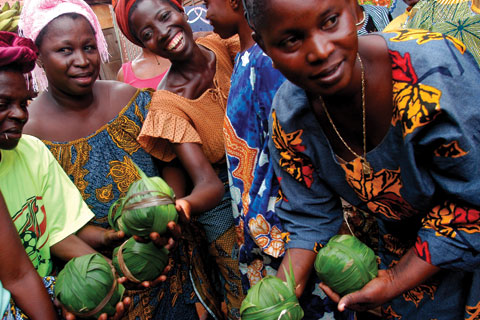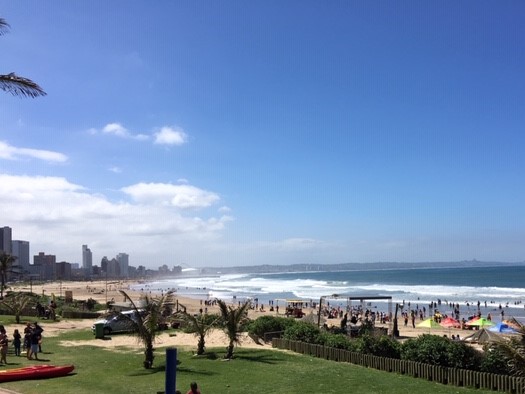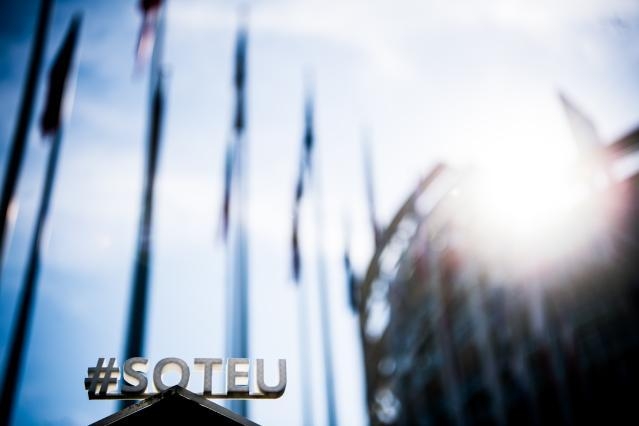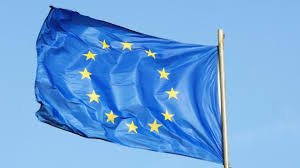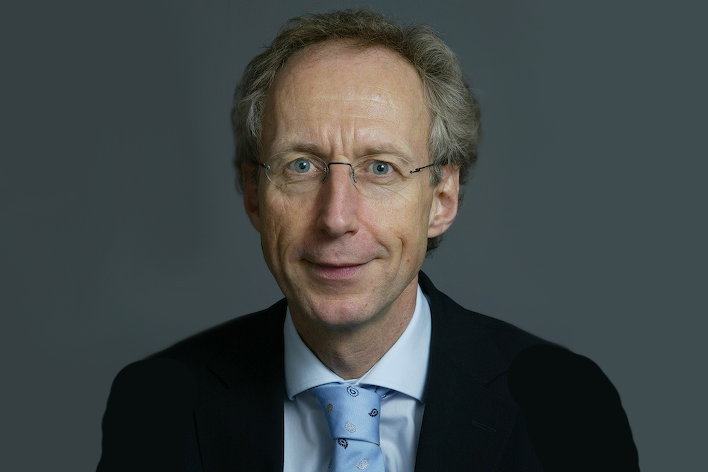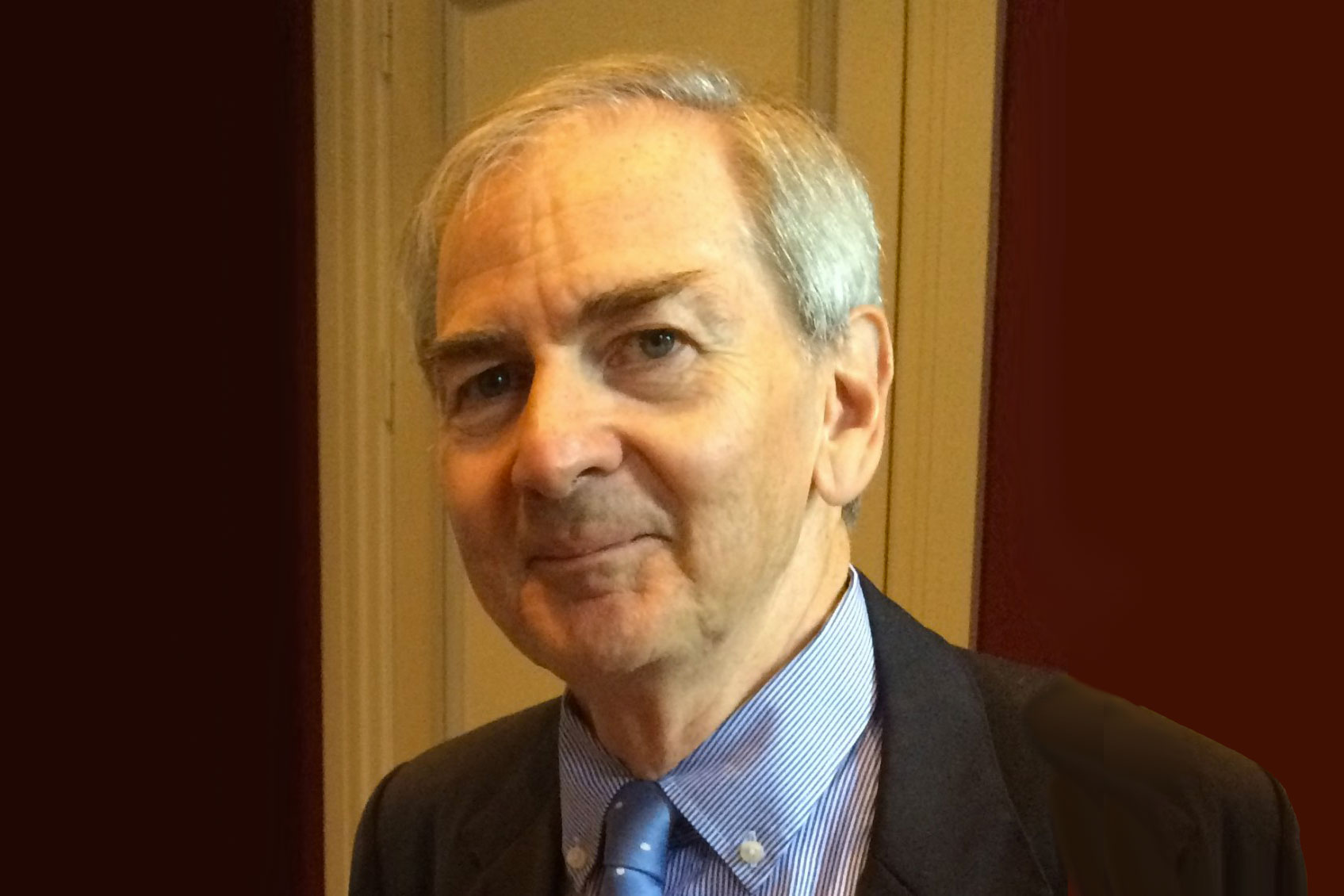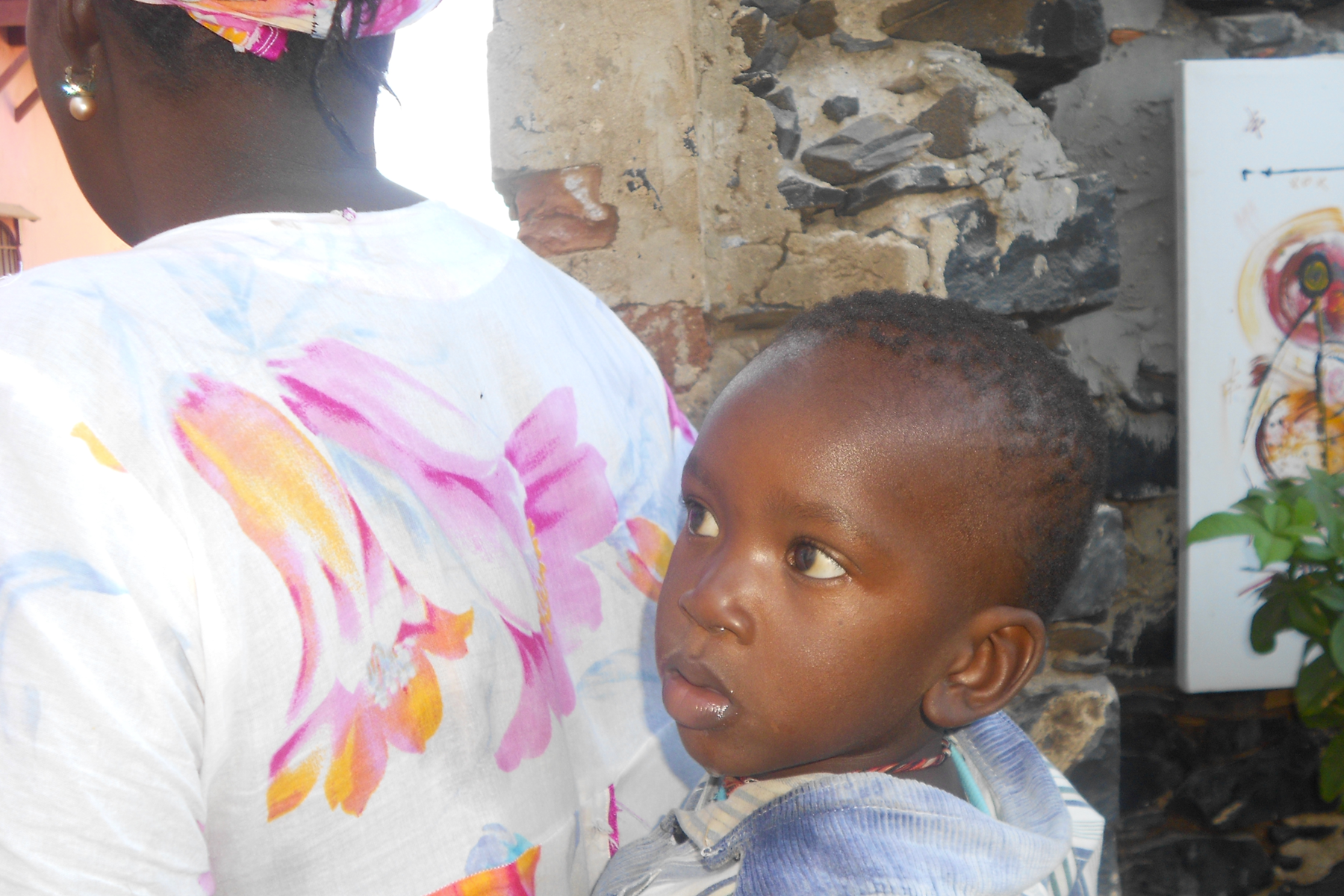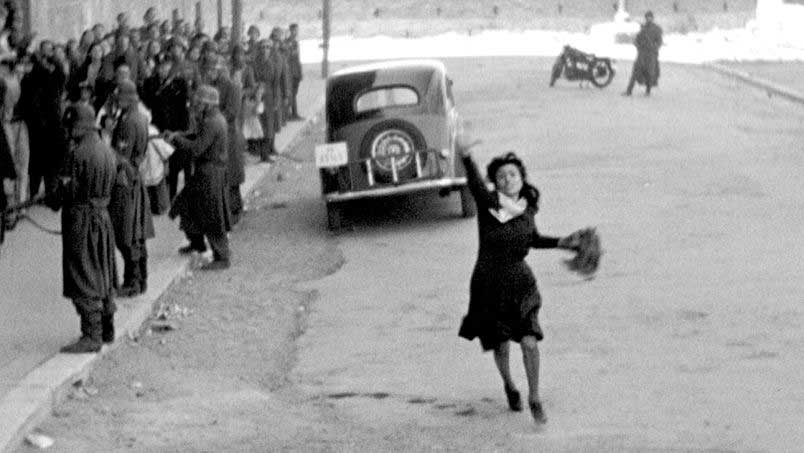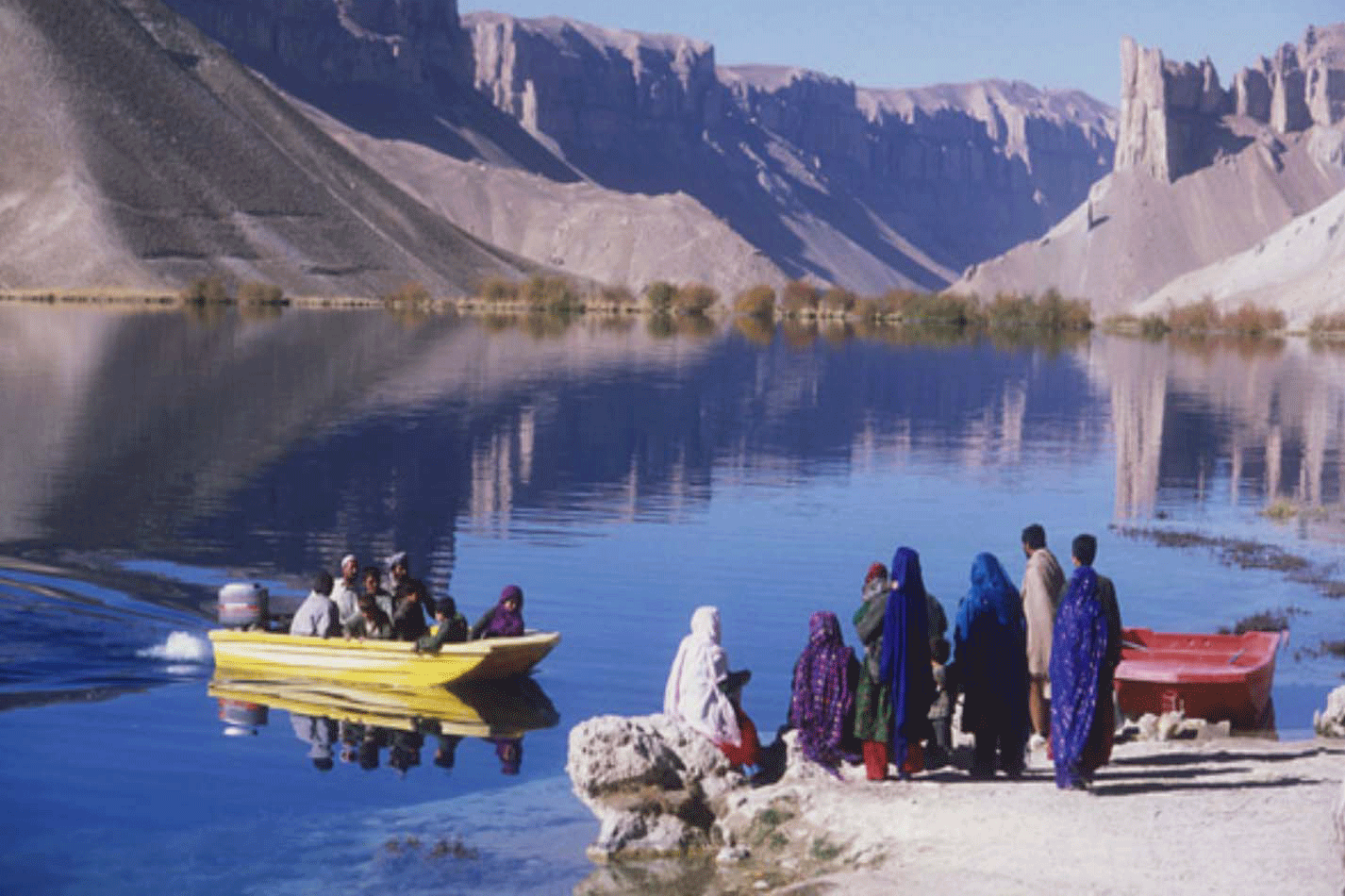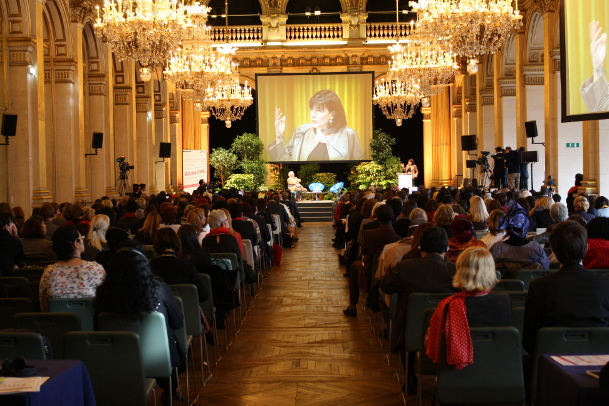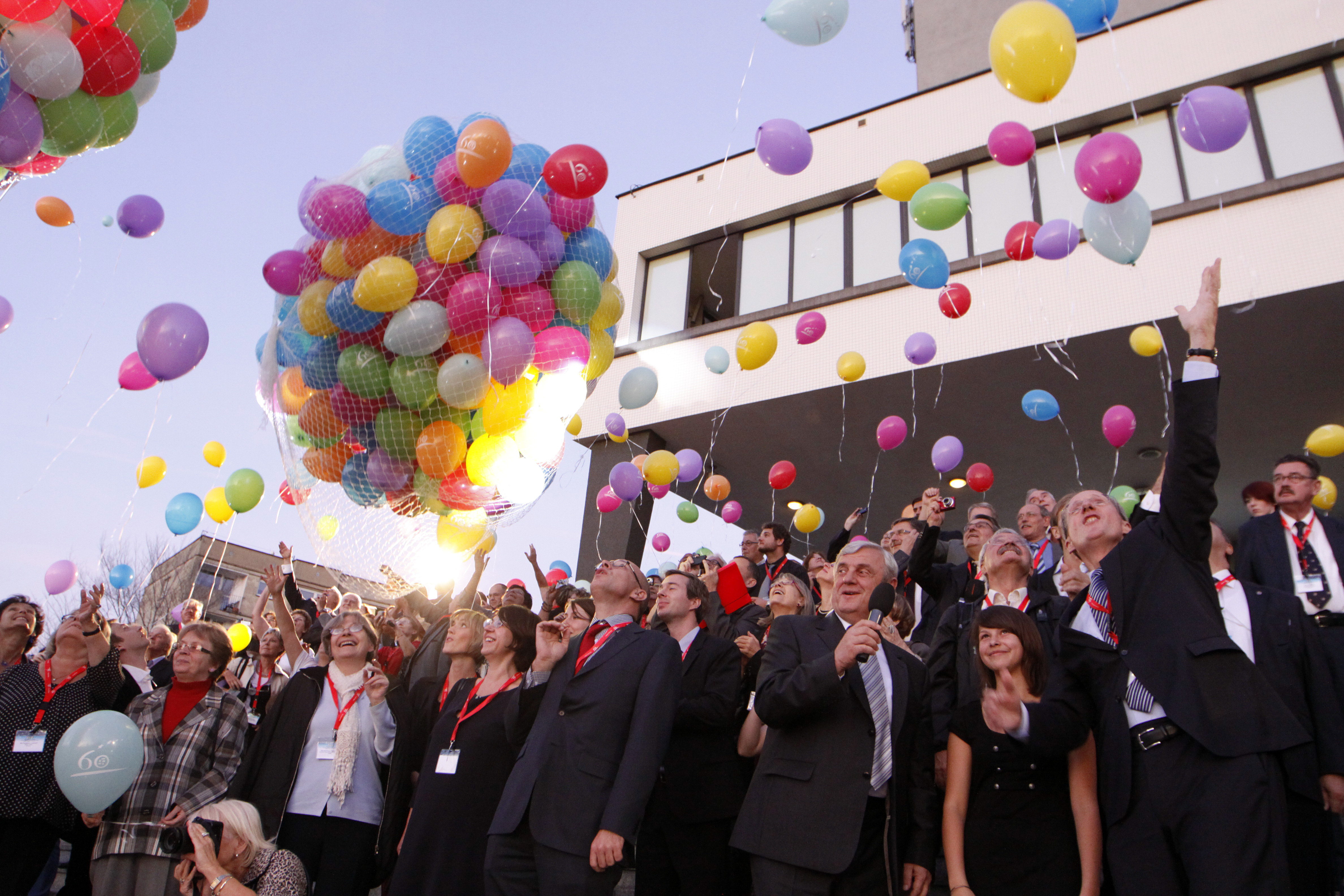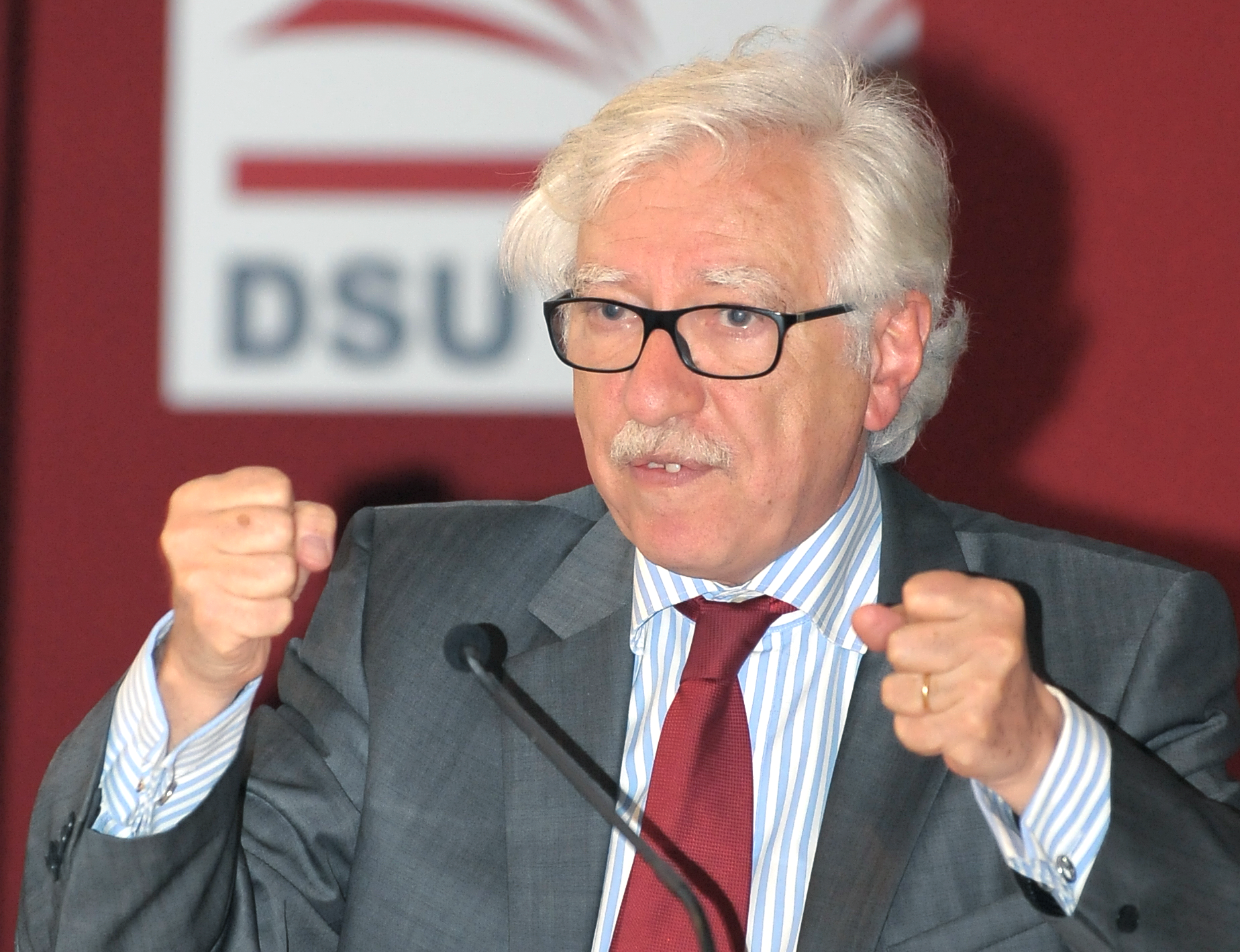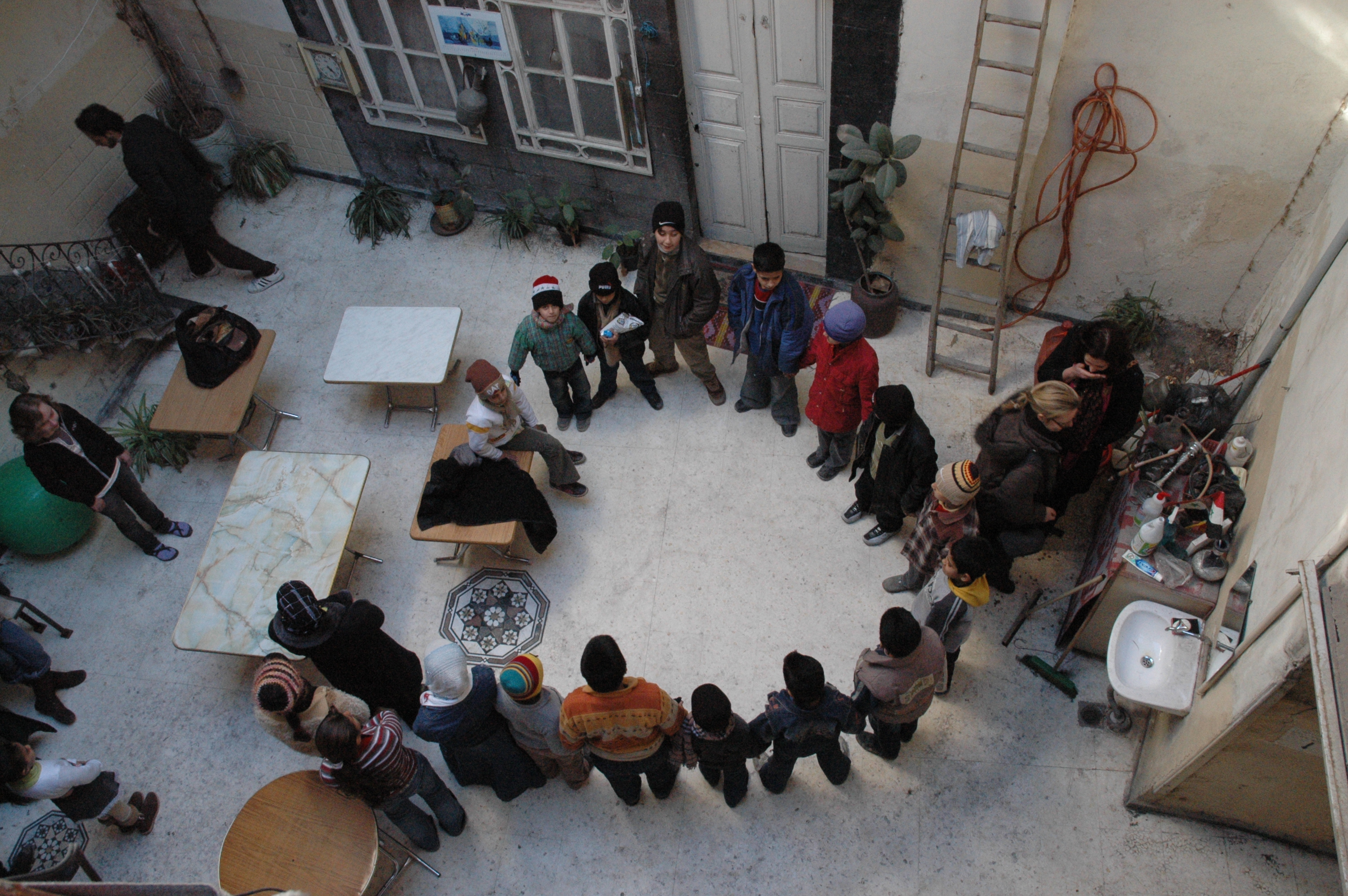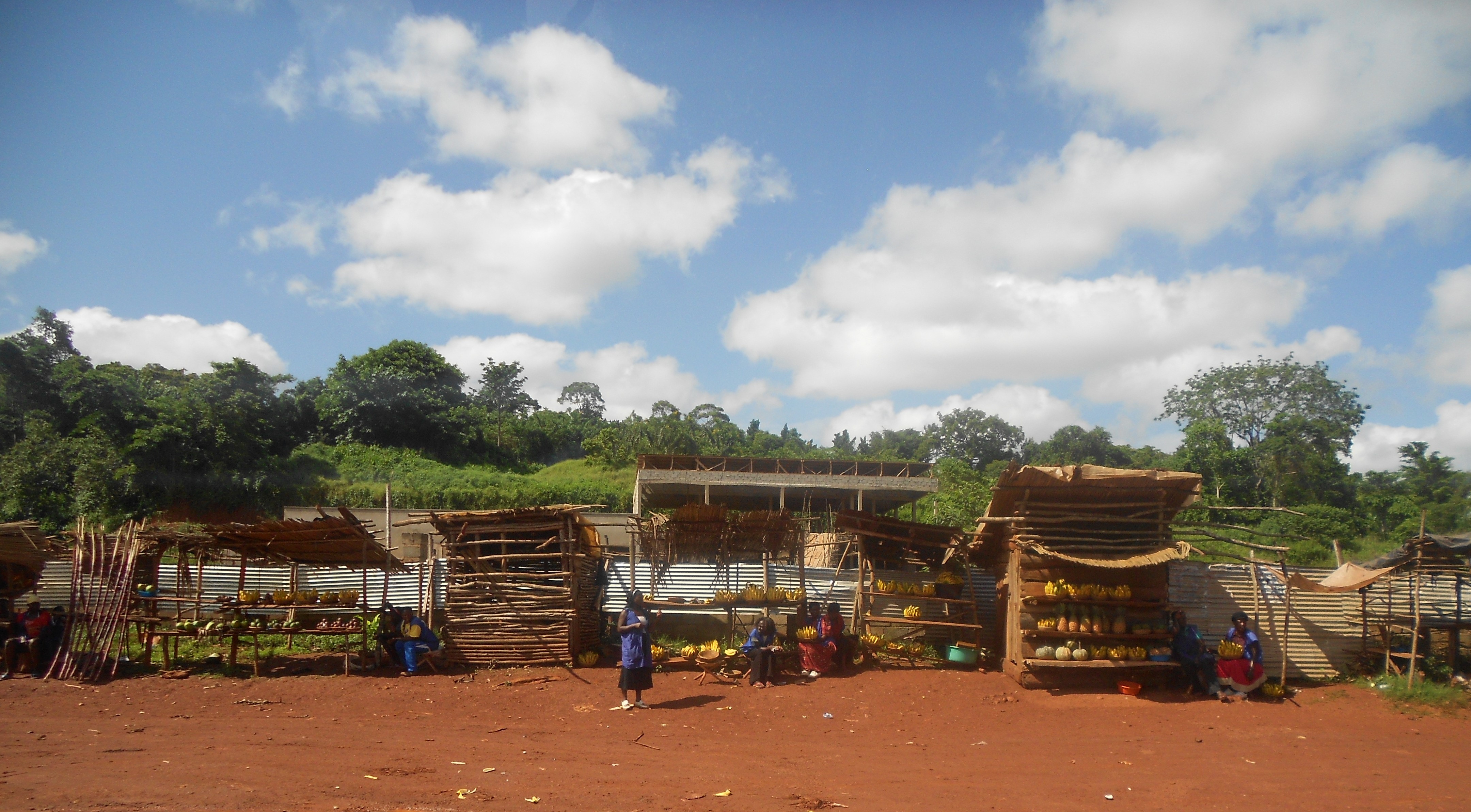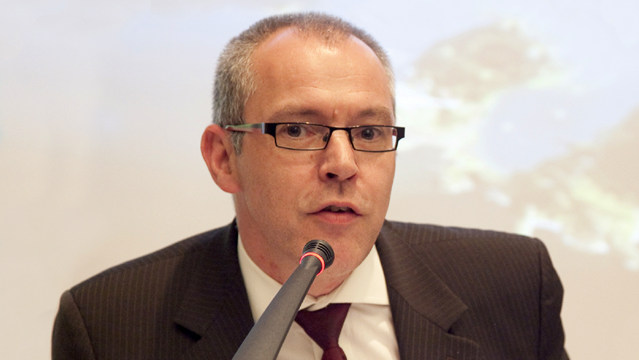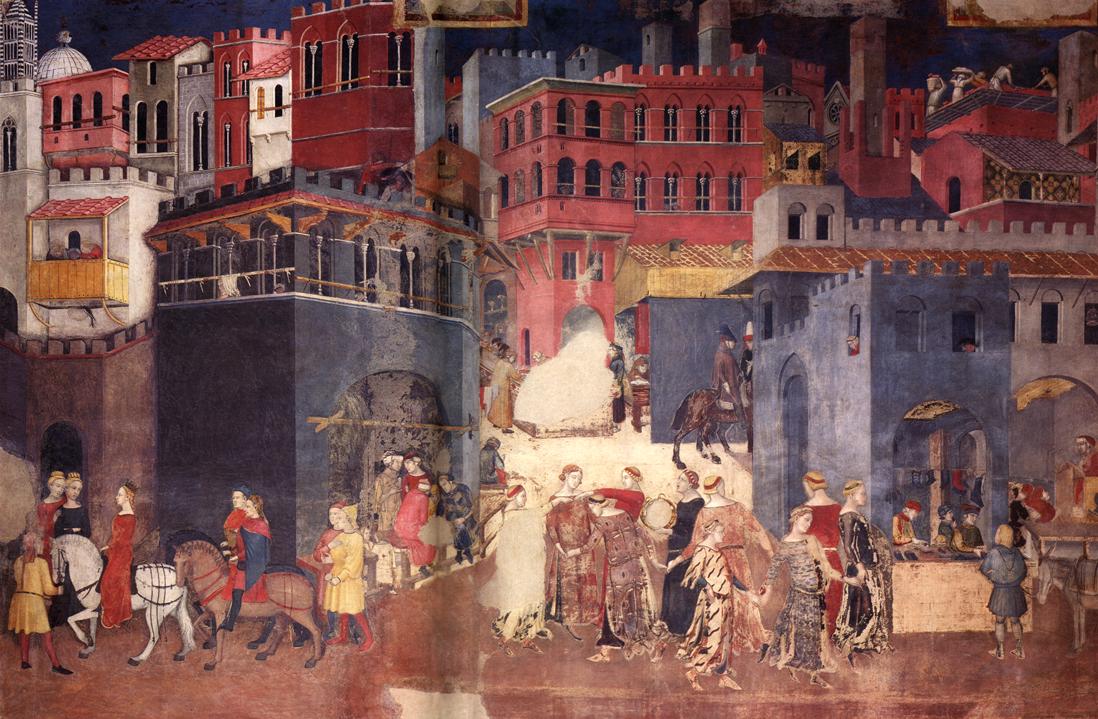Istanbul, the Middle East and Europe!
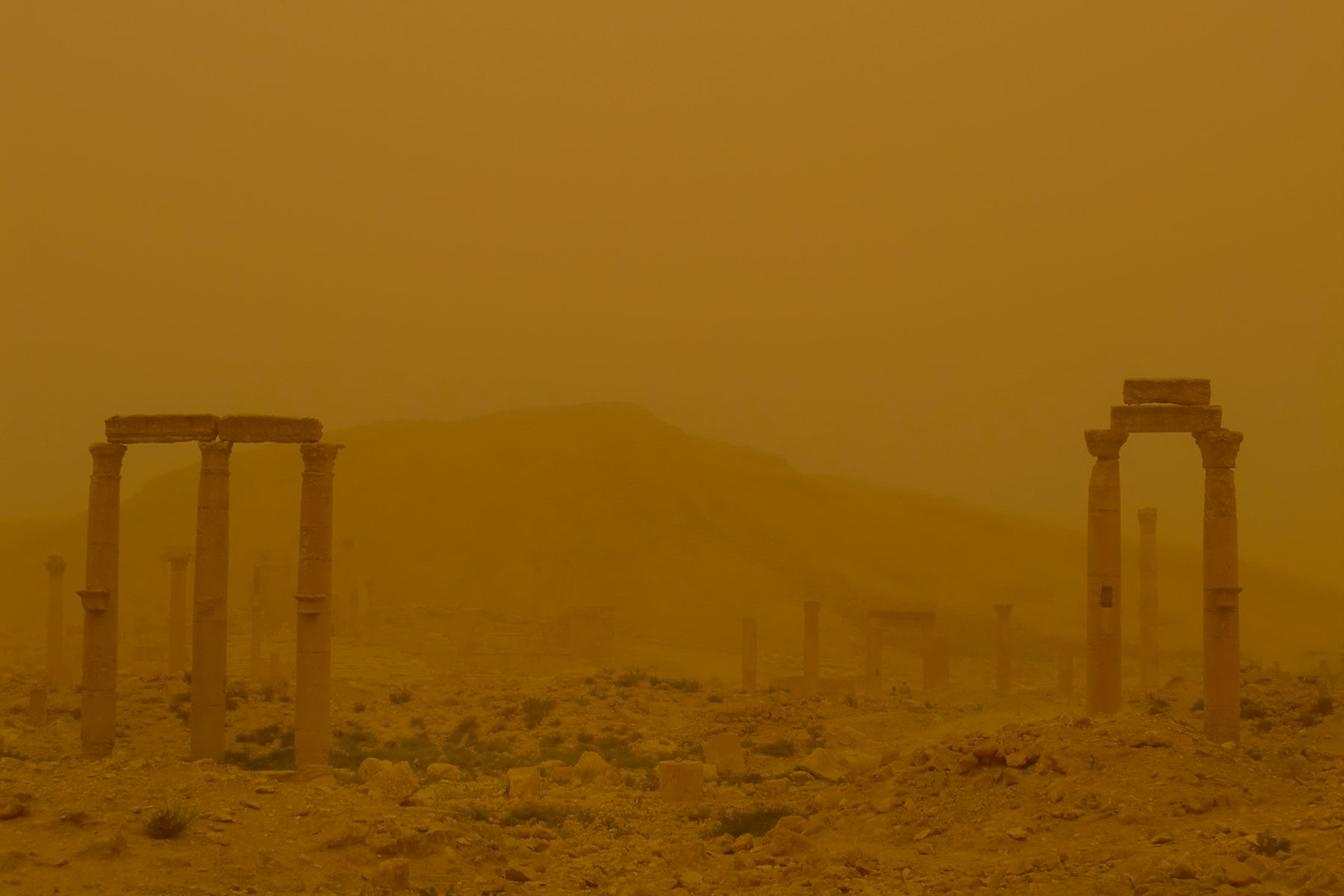
This article, with a title that seems to be an invitation to embark on a journey, is actually a series of reflections with Istanbul as its starting point.
On 12-13 February 2016, I conducted a training seminar in Istanbul for the team of the UCLG-MEWA (1) Secretariat General . In light of international events taking place at the time of the seminar, I could not help but reflect upon the situation in the Middle East and the attitude of Europe and Europeans given what the people in this part of the world are going through.
But first, let me begin with a few words on the seminar in Istanbul and UCLG-MEWA’s mission.
I would like to thank the Secretary General of UCLG-MEWA, Mehmet Duman, for having invited me to organise this seminar, as well as the entire team, and the coordinator Adrien Licha in particular, for their warm welcome and for the chance to work together and the particularly enriching exchange overall, both on a professional and human level.
MEWA is the Middle East and West Asia Section of UCLG, the world organisation of local authorities, and its current president is the Mayor of Tehran, Muhammad Bager Qalibaf. New elections will be held in the spring for the governing bodies and the presidency.
Since 2010, the Mayor of Istanbul, Kadir Topbas, has presided over the world organisation, UCLG, which is holding its Congress in October in Bogota, Colombia, where it too will elect a new president. The City of Istanbul and Turkey have always played an important role in the world organisation of local authorities. But as we are all aware, the situation in the region is both fragile and difficult.
The idea for the seminar first came up a while ago for the purpose of discussing, with the entire MEWA team, what advocacy work (2) should be undertaken to convey the message of local authorities in the Middle East and West Asia to the European Union and other multilateral institutions and, above all, to transform the environment where local authorities are required to act into a more welcoming one.
After the work achieved with CEMR and Platforma, I have always wanted to contribute in a tangible way to the strengthening of local authorities in the rest of the world. I consider interesting and encouraging the fact that the European Commission has now made it an objective to strengthen local governance, (something that had already been obtained by Platforma during the time I was its Director), and to this end giving precedence to the strategic partnership with certain major organisations such as UCLG and its regional sections.
UCLG-MEWA’s two-day seminar took place amidst this background and led to greater understanding of the needs and characteristics of the region. I organised the discussions using separate working groups, who then compared and discussed their findings as part of a wider debate involving the entire team. This helped us to pinpoint the most urgent and important working topics for UCLG-MEWA.
The distinctive features of the Middle East, which on the surface appear merely to be the source of the region’s abundant cultural riches, form in fact an explosive patchwork that seems to leave the world looking on, helpless to act. CGLU-MEWA and its member local authorities have no choice but to account for these features and act accordingly. In addition to huge population growth, including a large percentage of young people, unemployed for the most part, difficult development prospects, a lack of urban and territorial planning, there is the reality of countries scarred by war and violence, with ideological and political conflicts that are also tied in to questions of access to precious resources: water, oil, land to live on.
Another common denominator became obvious: decision-making that is almost devoid of transparency and the lack of a decentralisation process, the purpose of which is to foster closer relations with the people as well as to make decisions that are more visible and comprehensible to the population, responding in a concrete manner to everyone’s daily needs.
Decentralisation policies are difficult to implement everywhere and especially in this region. First of all, because war and conflicts always justify having a strong central state. It is always easier, and even more so in these countries, to restrict decision-making to a small circle of people rather than try to delegate powers to the lower levels and encourage cooperation and dialogue with and among the people.
We then identified the areas of activity where UCLG-MEWA could undertake actions to promote international cooperation, assist with projects and communicate local authorities’ message regarding the issues presenting challenges to the region: planning, the environment, the role of women, the use of new technologies, culture, education, youth employment. UCLG-MEWA has already been working on these topics through ad hoc working committees made up of mayors and elected officials. But resources are inadequate, especially financially speaking. It is therefore a question of capacity-building.

During the seminar in Istanbul, we could not help but discuss the most urgent question: the refugee situation.
MEWA’s member countries are Afghanistan, Iraq, Syria, … countries where the populations are fleeing elsewhere in search of peace and a better future; Lebanon, Jordan, Turkey are also members of MEWA and these are the countries that are taking in the most people.
UCLG-MEWA already takes part in programmes and projects aimed at refugees, along with other organisations. But the demand of member municipalities is high for specific projects that can help them to address the everyday needs of this section of the population, whose status as we all know is particular. Europe of course provides financing for these types of projects.
Speaking of Europe, I cannot just limit my remarks to financing. These countries will not be able to resolve the situation themselves, even with the most generous programmes (which can never be enough given the enormous needs!). Europe needs to adopt a strong political position and be united. This is the real issue.
We are all overwhelmed by the images, the declarations, the political speeches for or against, news from the media about the more or less appropriate decisions made by the European Union regarding the refugees.
What I would like to say here is that I am not proud of this Europe, especially its political leaders (from the member countries!) whose declarations have certainly played a part in influencing the positions and reactions of European citizens!
Closed off and looking after our own self-interests, clinging to our comfort and privileges, with lofty rhetoric on human rights, we send back those running away from wars that we ourselves helped to stir up without a second thought, refusing to accept our responsibilities and coming up with convoluted solutions (look at the half-agreement with Turkey!), the consequences of which we are sure to pay the price one day!
While Syria is experiencing a fragile ceasefire in the dramatic fighting that has destroyed the country, no one dares to say that this same result likely could have been obtained sooner when we were insisting that no, we first had to drive out Assad! If we had, we might have been able to reduce the impact of a war that in five years has led to 300,000 deaths, 7 million displaced persons within the country and 5 million refugees outside of Syria. We had to wait for Russia’s action to liberate Palmyra,, only to reach what seemed inevitable from the start (a compromise with Bashar al-Assad!).
So, what is to be done now to cope with these thousands, millions of men, women and children (the elderly remain behind because it is not easy for them to move!) who want to escape the horror? We must face the facts that these desperate people will not be able to return home tomorrow; in Afghanistan, the war has lasted for almost 40 years!
Certain questions then automatically spring to mind: how and by whom is this world governed? Who are our European heads of state? Once again, I am referring to the States because it is the States, not Brussels (contrary to what is so easily bandied around), who make the decisions in Europe especially after the Treaty of Lisbon! What motivates and inspires them? How do they make decisions? Who are the people who influence their positions? What real knowledge do they have of reality, of the problems faced by people every day, of the world in which we live?
The impression is increasingly one of anachronistic decisions, taken practically immediately in reaction to the eruption of events, sometimes with too much consideration of how it plays out in the media, without any genuine and serious thought or sense of responsibility with regard to causal factors and possible ramifications that such decisions might have on the lives of the people who will have to live with the consequences and pay the price… the price of decisions taken far from people’s reality!
This article was written prior to the terrible attacks in Brussels. Yet, I decided to leave it as is because I believe that its content is still relevant.
A life is a life: whether it is in Istanbul, Paris, Kabul, Baghdad, New York, Damascus, Aleppo or in Brussels. All human beings have a right to dignity, to wish for a better life for themselves and for their children, to want to flee the destruction and death that wars always produce!
1)For more information: www.uclg-mewa.org
2)In international cooperation jargon, by advocacy we are referring to the activity of ensuring that a political message from a given actor (in this case, local authorities) is heard on the international stage and by the international institutions.




 All news
All news
